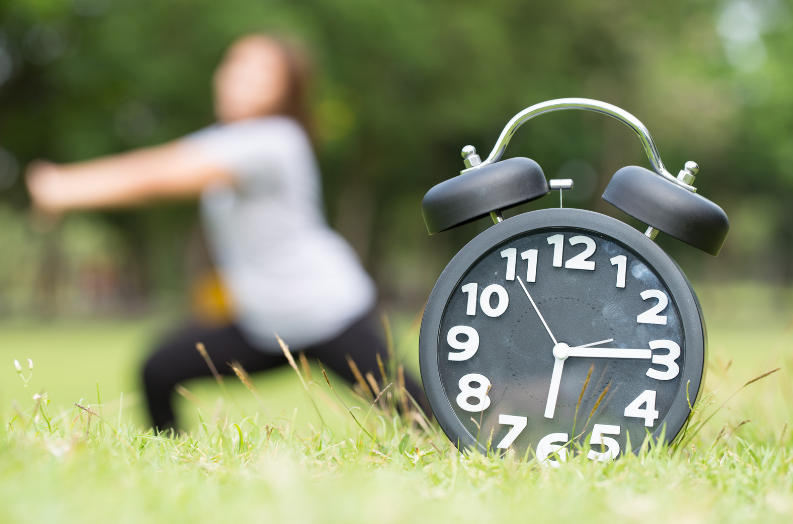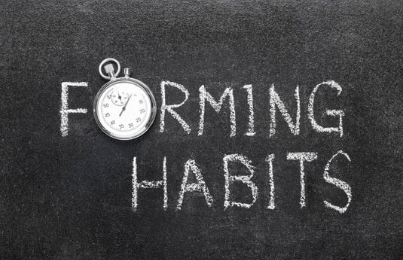You might have high blood pressure and not even realize it. According to the American Heart Association, over 100 million Americans are living with this condition—and almost half don’t have it under control. That’s a lot of people. But the good news? You don’t have to be one of them. High blood pressure is usually easy to detect and often manageable with the right lifestyle strategies and guidance.
What is Blood Pressure?
Blood pressure is the force of blood pressing against the walls of your arteries. It’s measured in millimeters of mercury (mm Hg) and recorded as two numbers:
Systolic: Pressure on your arteries when your heart contracts
Diastolic: Pressure on your arteries when your heart relaxes between beats
Both numbers matter when it comes to understanding your heart health.
Blood Pressure Categories for Adults
Blood pressure naturally rises and falls throughout the day, but when it stays high consistently, it’s called hypertension. High blood pressure forces your heart to work harder and can damage arteries over time. The risk is even greater if other factors, like high cholesterol, are present. The tricky part? High blood pressure often has no warning signs. If left unchecked, it can lead to heart and kidney disease, heart attack, or stroke.
But here’s some good news: even a modest reduction in blood pressure can make a big difference. Lowering your blood pressure by just 12–13 points can:
Reduce your risk of a heart attack by 20%
Reduce your risk of stroke by 37%
Reduce your risk of cardiovascular death by 25%
How to Lower Your Blood Pressure
The first step is to talk to your healthcare provider. Together, you can create a plan that may include lifestyle strategies and, if necessary, medication. Some evidence-based strategies include:
Move your body regularly: Even brisk walking, swimming, or cycling a few times a week can make a difference.
Eat a heart-healthy diet: Focus on fruits, vegetables, whole grains, lean proteins, and reduce sodium intake.
Manage stress: Incorporate relaxation practices such as deep breathing, meditation, or yoga.
Maintain a healthy weight: Losing even a few pounds can help lower blood pressure.
Limit alcohol and avoid smoking: Both can elevate blood pressure and harm cardiovascular health.
Remember, controlling your blood pressure isn’t just about the numbers—it’s about feeling stronger, healthier, and more energized every day. Small, consistent steps add up and make a meaningful impact on your long-term health.
__________________________________
References
American Heart Association. (2024). High blood pressure (hypertension). Retrieved September 2025, from https://www.heart.org/en/health-topics/high-blood-pressure
Mayo Clinic. (2023). High blood pressure (hypertension). Retrieved September 2025, from https://www.mayoclinic.org/diseases-conditions/high-blood-pressure/symptoms-causes/syc-20373410












